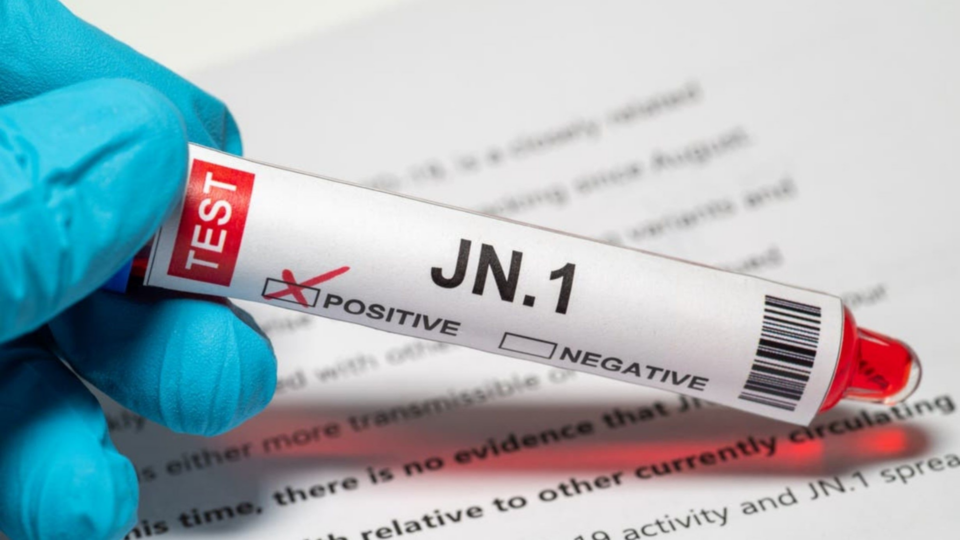
Government Announced Nationwide Cashless Healthcare for Accident Victims
Within the next three to four months, the central government plans to implement cashless medical treatment for injured accident victims across the country. The project, which is part of the revised Motor Vehicle Act 2019, is a joint effort by the Ministry of Roads, Transport and Highways (MoRTH) and the Ministry of Health and Family Welfare to achieve widespread adoption.
“It is envisioned for providing access to cashless trauma care treatment for road accident victims at the nearest appropriate hospital in the country, in accordance with the Supreme Court ruling, and by drawing its power from the Motor Vehicle (Amendment) Act, 2019. Such cashless treatment shall be extended to road accident victims, including during the golden hour, as defined by the MV Amendment Act,” according to Anurag Jain, Secretary of MoRTH.
India, which has the greatest number of road fatalities worldwide, is aiming for a 50% decrease in accidents by 2030. The Road Ministry’s approach is comprehensive and centred on the 5Es of road safety (Education, Engineering, Enforcement, and Emergency Care).
At the planning stage, safety measures are included in road design, and the Electronic Detailed Accident Report (e-DAR) Project attempts to centralize countrywide reporting, administration, and analysis of road accident data.
ABS brakes, two-wheeler overspeed warning systems, seat belt reminders, and Bharat NCAP are notable vehicle technical improvements that contribute to increased safety. Real-time enforcement is critical to ensuring compliance with motor vehicle legislation.
The next “Global Road Safety Initiative,” a high-profile international event, will feature 130 notable road safety experts from more than 27 nations. The major emphasis is on debating and finalizing proposed regulations targeted at decreasing road deaths and injuries in poor and middle-income nations and localities. The initiative’s results will be presented and debated during the Global Forum for Road Traffic Safety sessions in Geneva in March 2024.



